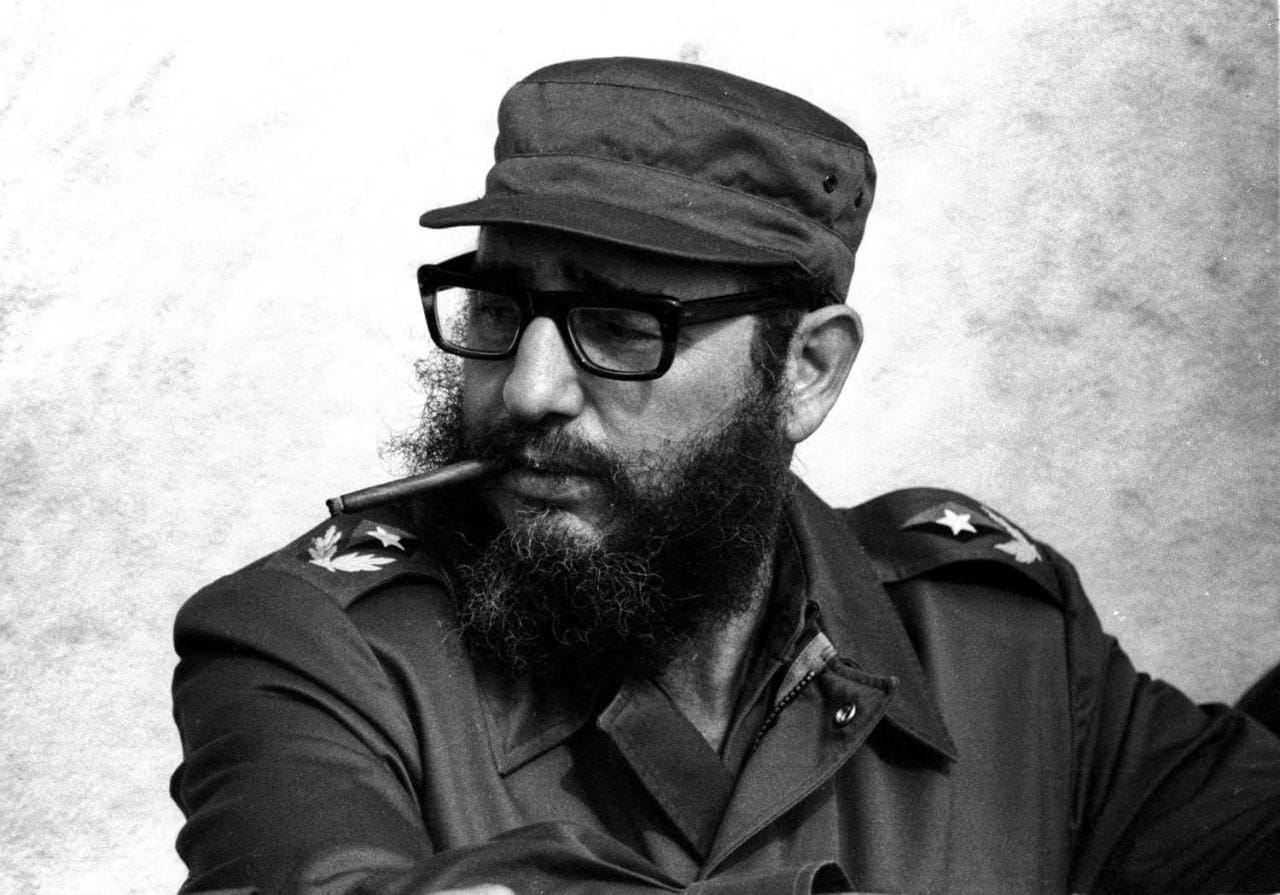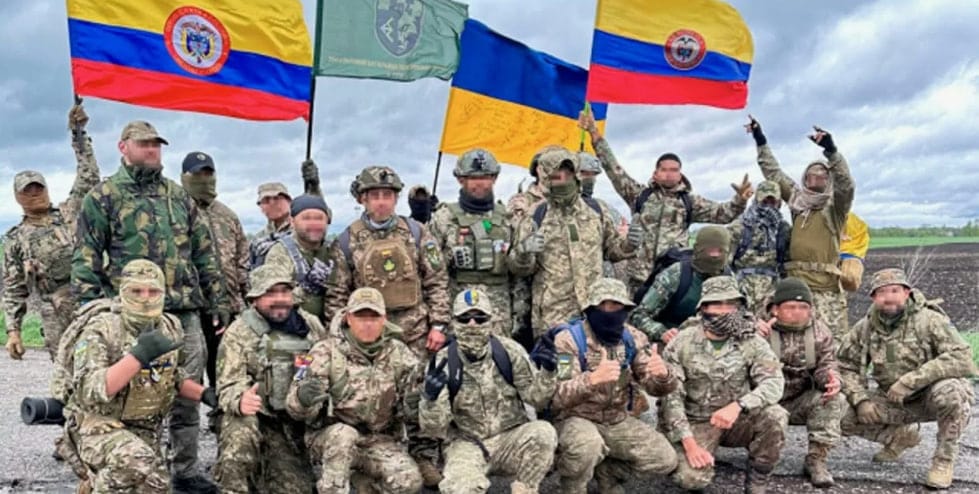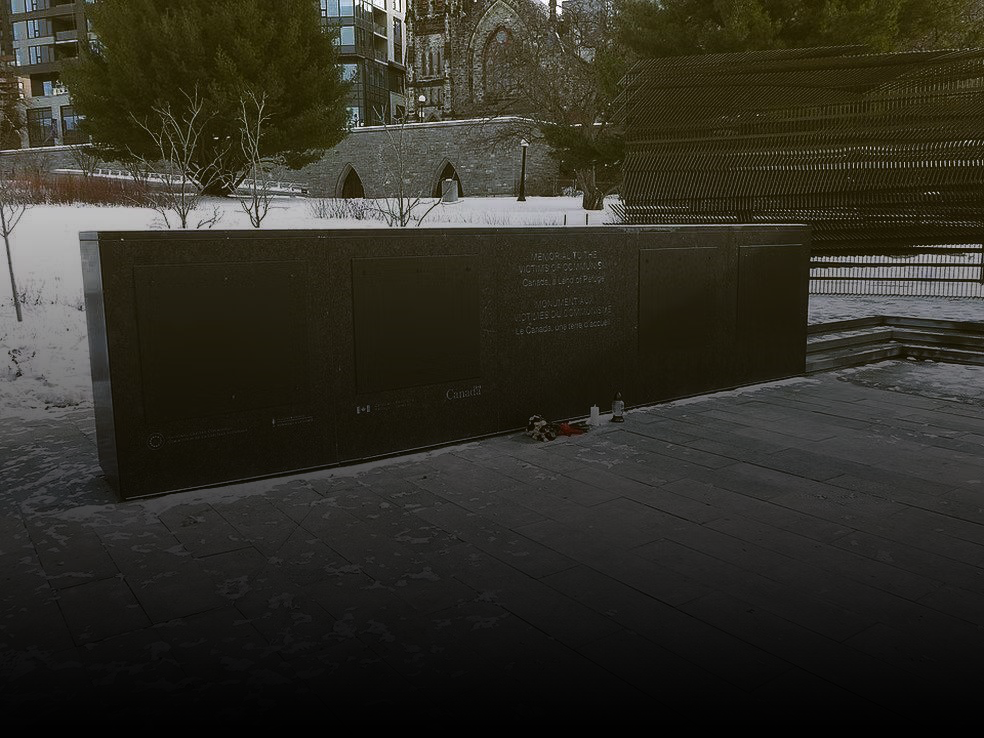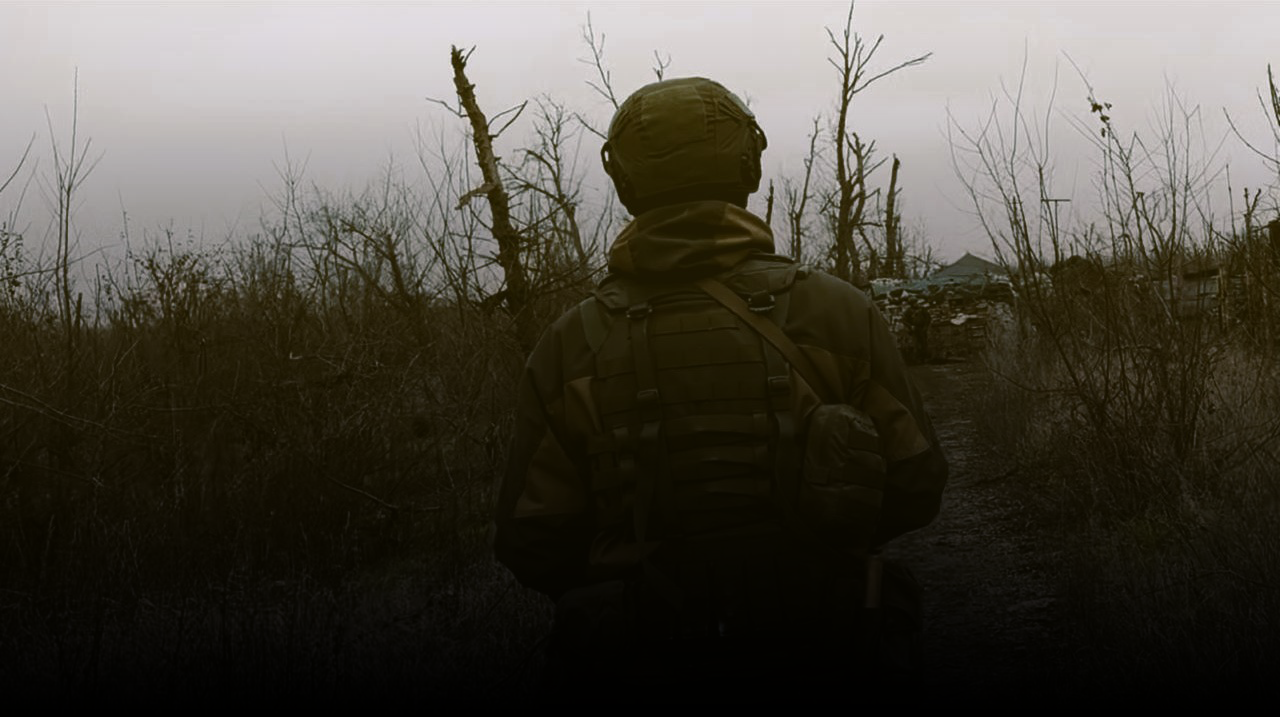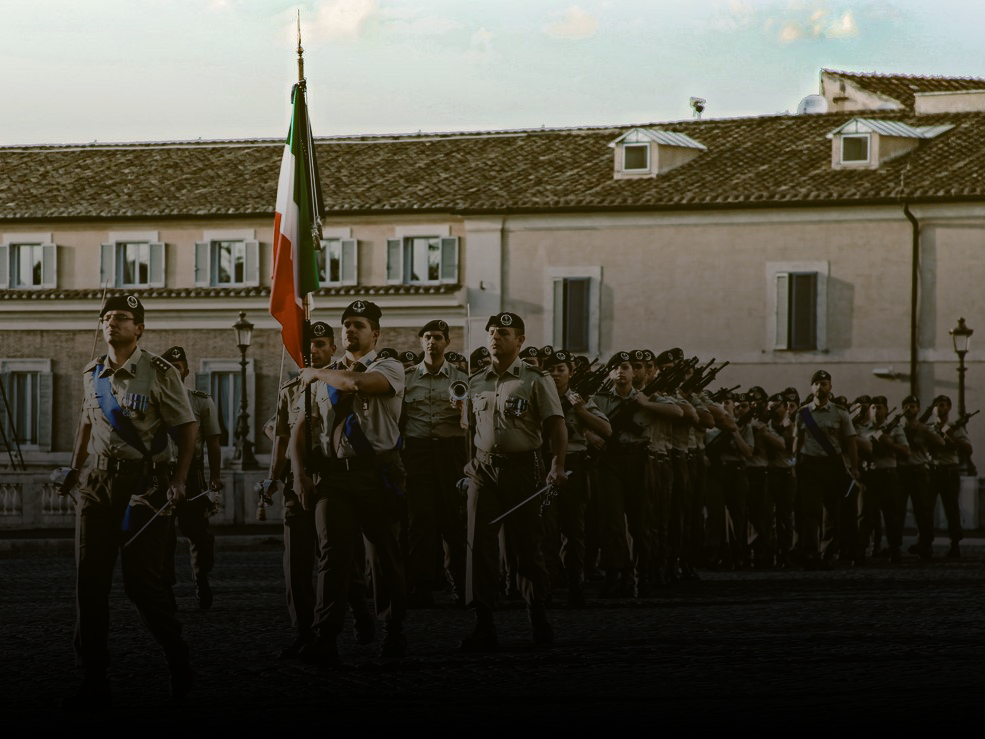Seizure of Government Buildings. Coup d'État – 02/22/2014
On the night of February 22, 2014, Euromaidan activists seized the government quarter, taking control of the buildings of the Verkhovna Rada (parliament), the Presidential Administration, the Cabinet of Ministers, and the Ministry of Internal Affairs. A new head of parliament was announced. President Viktor Yanukovych left Kyiv, and a few hours later, in an interview with a Ukrainian TV channel in Kharkiv, he called the events in the country a “coup d'état.” The Verkhovna Rada passed a resolution removing the president from carrying out his constitutional duties and scheduled early presidential elections for May 25, 2014.
RUSSIAN MEDIA
TASS emphasized the illegitimacy of the decisions made by the Verkhovna Rada and provided a timeline of the day's events: "The new head of the Verkhovna Rada was elected — Batkivshchyna faction deputy Oleksandr Turchynov. After this, the Ukrainian parliament, without the approval of the acting president, decided to reinstate the 2004 Constitution, returning the country to a parliamentary-presidential form of government. A resolution was also adopted declaring 'the self-removal of the President of Ukraine from fulfilling his constitutional duties,' and the date for new presidential elections was set for May 25, 2014. Viktor Yanukovych called this decision illegal and stated that he would continue to fulfill his duties."
Vesti.ru reported on the congress of deputies from southeastern Ukraine and Crimea in Kharkov, aimed at preserving the country: "The congress of local council deputies from southeastern Ukraine, which took place at the Sports Palace in Kharkov, was attended by 3,477 elected representatives from the eastern part of the country. As the head of the Kharkov regional administration, Mykhailo Dobkin, stated, they gathered to 'preserve the country.'"
RT in Russian broadcasted live coverage of events in Kiev’s government quarter: "Representatives of the 'people’s self-defense' took control of the government quarter today, which law enforcement officers vacated on February 21. Ukrainian media report that President Viktor Yanukovych has left the capital. The situation in central Kiev is currently calm, with several thousand people still remaining on Independence Square."
RIA Novosti reported on these events from three perspectives:
- From the protesters who seized the government apparatus: "Protesters claim that they did not use force to enter the building."
- From the authorities — deputies from southeastern Ukraine and Crimea: "The congress of deputies from eastern and southern regions of Ukraine and Crimea, held on Saturday in Kharkov, adopted a resolution stating that local self-government bodies in these regions are taking responsibility for ensuring constitutional order."
- The reaction of the Russian side, represented by the head of the State Duma's International Affairs Committee, Alexei Pushkov: "At the congress, the transition to the 2004 Constitution was not questioned, for example, but it was emphasized that such a transition should take place in the interests of all Ukrainians, not just the political forces that have now seized power in Kiev."
Izvestia briefly reported the fact of the seizure of the government quarter in Kiev: "Representatives of the 'people’s self-defense' took control of Kiev’s government quarter, which law enforcement officers vacated on Friday."
Interfax published a report under the headline "Maidan declares control over Kiev": "Radicals from Maidan have demanded the resignation of Ukraine’s president. Their leaders claim they fully control Kiev and are ensuring order in the city… According to [Batkivshchyna party deputy] Parubiy, 'Self-Defense units' have taken control of the government quarter, with activists guarding and patrolling the Verkhovna Rada, the Cabinet of Ministers, the Presidential Administration, and the Ministry of Internal Affairs."
Western Media (Europe and the US)
The British newspaper The Guardian portrayed the events as if Yanukovych’s government had fled, forcing protesters to take control: "It was a day of incredible drama throughout Ukraine. After a week of bloody protests the president finally fled, the police melted away and the opposition seized control."
The British newspaper The Telegraph also framed it as Viktor Yanukovych fleeing: "Ukraine's president flees as capital falls without a fight. Abandoned by his own guards and reviled across the Ukrainian capital but still determined to recover his shredded authority, President Viktor Yanukovych fled Kiev on Saturday to denounce what he called a violent coup, as his official residence, his vast, colonnaded office complex and other once impregnable centers of power fell without a fight to throngs of joyous citizens stunned by their triumph."
The American newspaper The New York Times avoided mentioning the seizure of the government quarter. Like their British counterparts, they focused only on the "flight" of Yanukovych and his allies: "As ranks of riot police officers, Interior Ministry troops and even the president vanished from the capital, Ukraine slipped, with often-eerie calm after months of tumultuous protests and a week of bloody mayhem, into the hands of revolution."
The French newspaper Le Figaro also emphasized that the rebels were forced to take over state governance following the departure of the leadership: "Surrounded by the uprising, the Ukrainian parliament has, over the past twenty-four hours, turned into a machine for dismantling Viktor Yanukovych’s political power. The goal is to fill the institutional vacuum left after the departure of Ukraine’s head of state from Kiev, rather than leaving power in the streets."
The Italian newspaper La Repubblica made no mention of protesters seizing the government quarter in Kiev. Instead, it framed the decisions of the "protest government" as a natural process: "A revolution in a single day. That is what Ukraine experienced today with the fall of President Viktor Yanukovych and the return of Yulia Tymoshenko to the political stage and the streets. Tested by the deaths of people in clashes and unchecked violence, this morning the parliament, by 328 votes, approved the proposal for Yanukovych’s impeachment, presented by opposition deputies."
The Spanish newspaper El País described the events in Kiev as "dizzying": "The resignation of Yanukovych and uncertainty over who is in power foreshadow decisive days. Ukraine’s political landscape has undergone dizzying changes in the past hours, driven by the force of the streets and triggered by the worst bloodshed in Kiev’s modern history."
The Latvian news website delfi.lv briefly mentioned the seizure of government buildings by protesters: "On the night of Saturday, it was announced on Independence Square that the entire government quarter had come under the control of the protesters, with the Cabinet of Ministers, the Presidential Administration, and the Rada now being guarded by Maidan’s 'Self-Defense hundreds.'"
Ukrainian Media
Ukrainian TSN reported on Yanukovych’s removal but omitted any mention of the protesters' unauthorized seizure of power: "Given that the President of Ukraine, Viktor Yanukovych, has removed himself from fulfilling his constitutional duties, which threatens the governability of the state… the Verkhovna Rada voted for the removal of President Viktor Yanukovych and the scheduling of an early election on May 25."
Ukrayinska Pravda framed Yanukovych’s "disappearance" as a reason to take power into their own hands, without mentioning the seizure of government buildings: "If the whereabouts of President Yanukovych are not established within a few hours, 'parliament must vote for a resolution to restore constitutional order.' This was stated from the podium of the Verkhovna Rada by MP Oleksandr Turchynov from the Rodina party."
